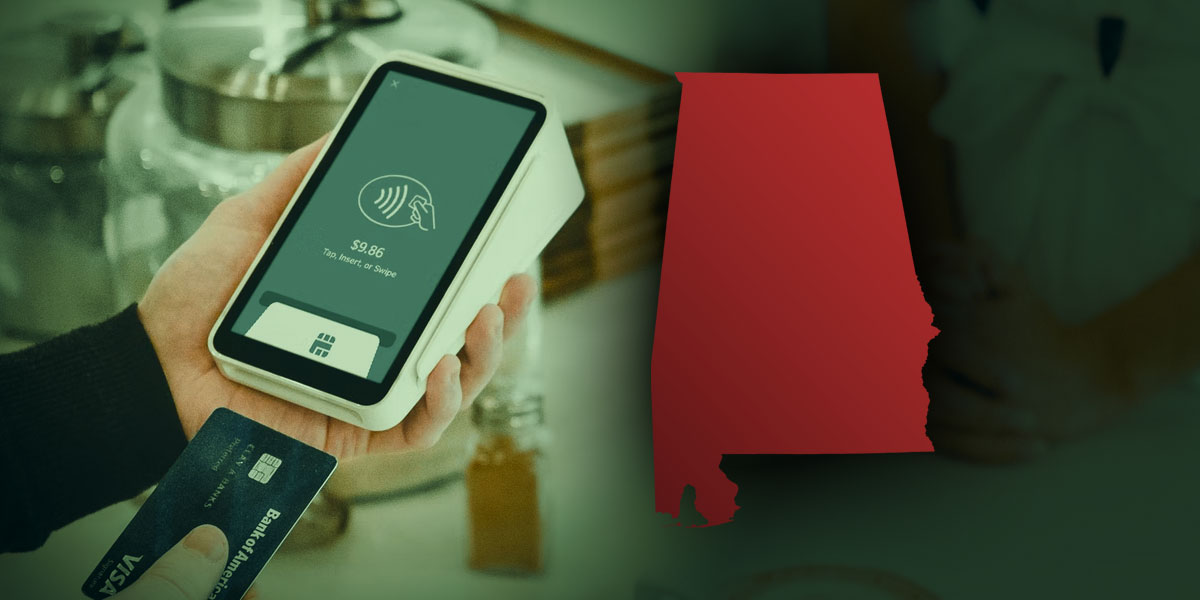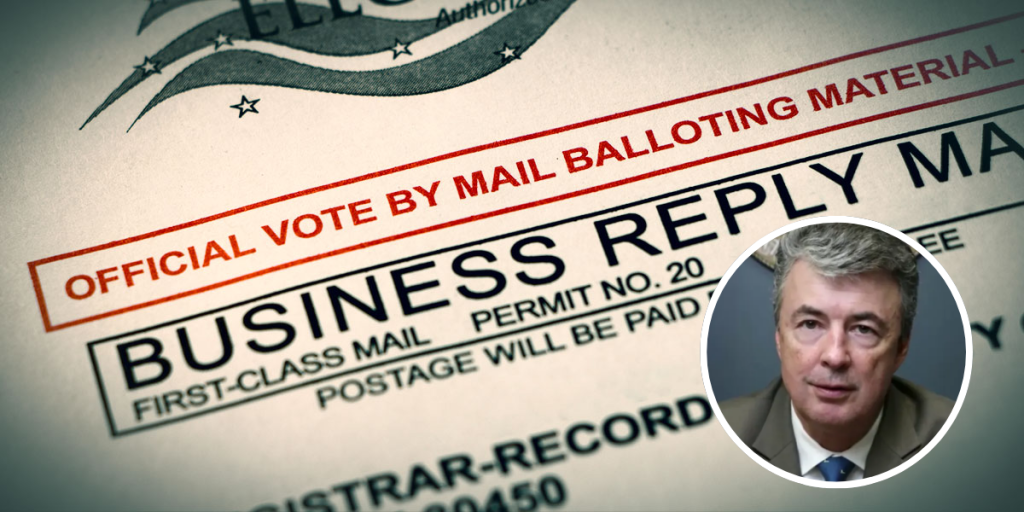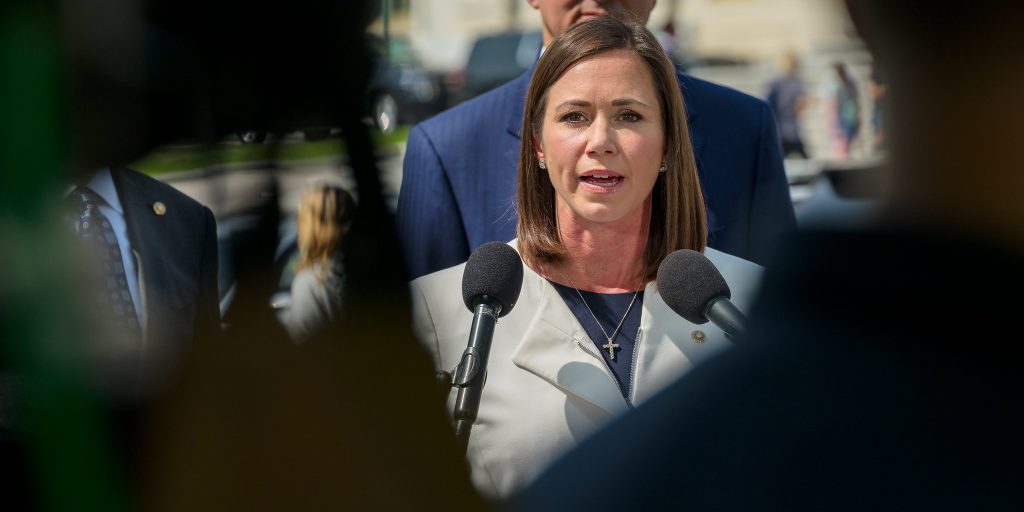The consumer price index rose yet again in May to an increase of 8.6% from a year ago, marking the highest rise in over 40 years.
These new numbers are hardly surprising to most Alabamans who feel the effects of inflationary pressures every day.
When we have to pay over $4.60 for a gallon of gas, when we get our rent renewal and find that our monthly bill has increased over 10%, and when we go to the grocery store and find a staple like eggs costing 30% more than they did last year.
And it’s not just consumers who are experiencing the negative impacts of inflation first-hand. Because of the pandemic, along with worker shortages, supply chain issues and subsequent rising prices, businesses across the state are struggling to stay open.
As Congress looks for ways to address inflation, there is one fee that has gotten little attention but significantly increases the cost of goods and services — swipe fees. Importantly, these fees have not increased because of rising prices or supply chain issues, but rather to increase the profit margins of Visa and Mastercard.
Swipe fees are added to every credit card purchase, which has become increasingly common as more people transition away from paying with cash. Just last year, swipe fees increased 24% and cost the average American family $700 a year. These ever-increasing fees are also often the second highest cost for businesses after labor. Unlike the service fees added on to bills, these swipe fees are not transparent to consumers.
Visa and Mastercard are able to rapidly increase these fees due to a lack of competition in the payments marketplace, 80% of which is dominated by the two credit card companies. Given their duopoly control over the market, these companies price-fix swipe fees, and banks have no choice but to charge the rates set by these credit card behemoths. Swipe fees average 2.22% of the transaction, but can be even higher for small merchants because fees are based, in part, on transaction volume.
And amidst rising inflation and despite push back from members of Congress, Visa and Mastercard moved forward with another swipe fee increase in April. We expect this increase to cost businesses and consumers roughly $1.2 billion this year alone.
This swipe fee increase is especially difficult for retailers to withstand, whose profit margins can average between .5% to 4.5%. Meanwhile, Mastercard has an operating profit margin of 55%, and Visa’s profit margin sits at 67%.
In order to further line their pockets, at the expense of businesses and consumers, Visa and Mastercard continue to increase swipe fees and fight against increasing competition that threatens to lower the rate of these fees.
We are looking to our elected officials to support concrete solutions to address rising prices, and promoting competition in the payments marketplace to lower swipe fees is a great place to start.
Hopefully, our leaders in the Senate, Tommy Tuberville and Richard Shelby, will work with their colleagues to fight against rising swipe fees by addressing this clear market failure and will put Alabama families and businesses over the profits of Visa and Mastercard.
Vicki Bailey is the former president of the Alabama Federation of Republican Women













